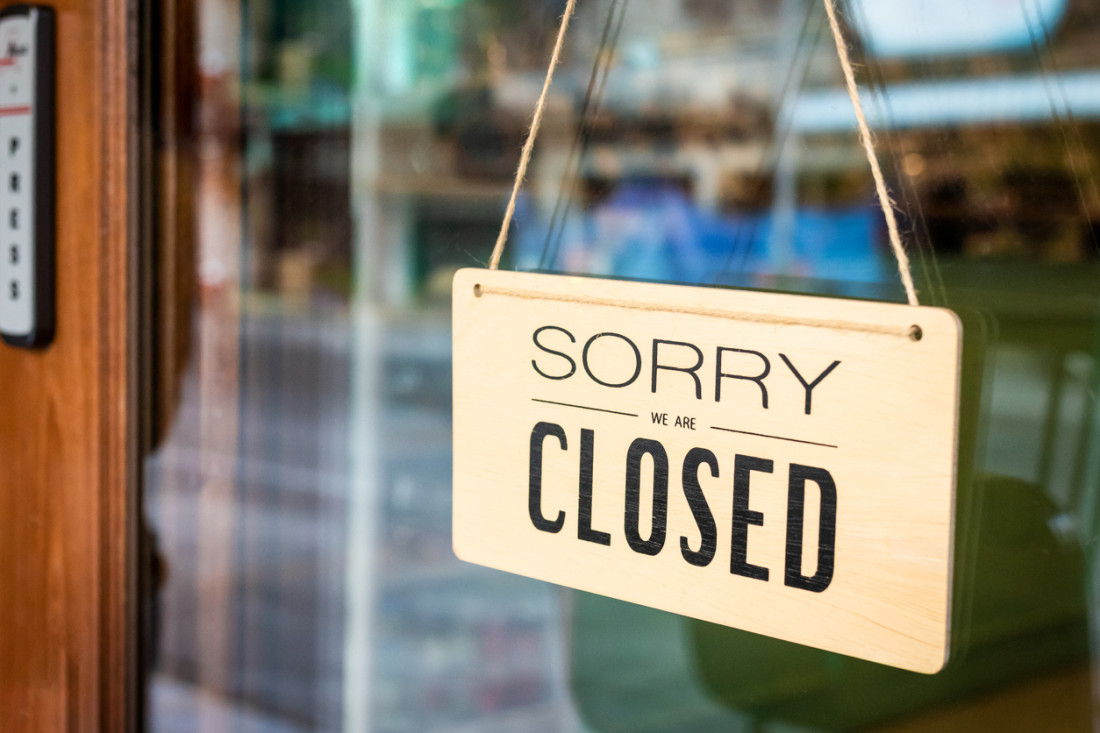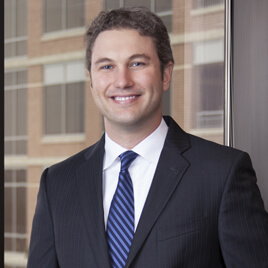
Business Interruption Coverage and the
Physical Loss or Damage Requirement
Business Interruption (“BI”) coverage is most typically offered in commercial property policies in the Business Income (and Extra Expenses) Coverage Form, CP 0030 (ISO, Inc.). Under that form, coverage is triggered by an actual loss of Business Income sustained due to a suspension of operations during a period of restoration. What is key, and likely to be the subject of significant litigation in the months to come, is that the suspension in operations must be caused by “direct physical loss or damage” to property at the insured location, and that loss or damage must be caused by or result from a Covered Cause of Loss.
A Typical Business Interruption Scenario
It is easy to imagine that in typical scenarios, such as a fire or hurricane, the loss would trigger all requirements for coverage for the resulting interruption of a business, i.e., a physical loss or damage from a covered loss to the insured property that causes it to cease operations for a period of time to allow repairs. Conversely, there are also scenarios where such coverage would not be triggered. For example if the cause of loss is flood, as most commercial property policies exclude any loss caused directly or indirectly by flood regardless of contributing causes, the resulting BI loss would not be covered even if it triggers all other requirements. Likewise, even where interruption of business results from an otherwise covered cause of loss such as windstorm, coverage may still not be afforded when the damage does not result in an actual suspension of operations for a period of restoration. An easy example of this would be the small business that remains open during covered repairs to a roof from a recent storm event, resulting in no suspension of operations to make the repairs.
Can COVID-19 Result in Physical Loss or Damage?
Business Interruption claims arising from the COVID-19 pandemic will certainly be subject to the same type of coverage analysis. On one hand, it is hard to imagine how the virus would result in direct physical loss or damage to property. Without such damage, it is equally hard to see how the virus could result in a period of restoration, which is typically defined as the period following the loss until the date the property should be repaired or resume at a new location. Extra Expense coverage offered under the same form, if elected, will follow a similar analysis. And coverage extensions allowed under other forms such as Contingent Business Interruption coverages, which provides similar coverage when the direct physical loss or damage occurs to property away from the insured location such as in the business’s supply chain, share the same direct physical loss requirement that will likely exclude any loss resulting from COVID-19 interruption. Additionally, commercial property policies often contain an ISO-form exclusion for virus-related losses that will present a further hurdle for policyholders impacted by COVID-19.
On the other hand, the current COVID-19 crisis does raise unique issues that may not yet be fully identified, and which are likely to be the subject of litigation in the months and years to come. To illustrate, it is presently believed that the COVID-19 virus can remain viable and infectious on surfaces for extended periods of time, risking further viral spread. It is possible that this type of “contamination” of physical surfaces could be argued to equate to a form of “property damage” sufficient to trigger BI coverage, assuming that no other virus-related exclusion applies.
The Impact of Emergency Orders
An additional consideration is the fact that some local and municipal emergency orders now being issued to close business operations are specifically including “physical damage” language within these orders. A recent order issued by New York City Mayor Bill de Blasio contains the language “this Order is given because of the propensity of the virus to spread person to-person and also because the actions taken to prevent such spread have led to property loss and damage.” In our Florida office we have also seen a multitude of local emergency orders containing similar "property damage" language. Already we have seen commentaries from policyholder advocates that suggest such orders could become fuel for those seeking to make arguments for BI coverage for business losses arising from COVID-19 mitigation efforts. Industry positions on such novel arguments must be well-reasoned and articulated.
COVID-19 business interruption claims under standard commercial property forms may face substantial coverage challenges. Typical policy language may prevent BI claims that are not the result of traditional physical damage or loss to property. Business owners who have legitimate and significant business interruption losses through no fault of their own may nonetheless believe that such losses are covered by their commercial property insurance. As is always, it is important that you begin with the specific language of your particular policy. Our comments are no substitute for careful review of the terms and conditions of your insurance policy, including any applicable endorsements.
As this situation continues to unfold, experienced insurance coverage attorneys at Segal McCambridge Singer & Mahoney continue to monitor COVID-19 and its impact on our insurance company clients. SMSM is closely monitoring trends, in terms of the types of cases and claims being presented, as well as updates on federal and state laws concerning COVID-19. SMSM is prepared to discuss and offer guidance to all insurers during these uncertain times.


